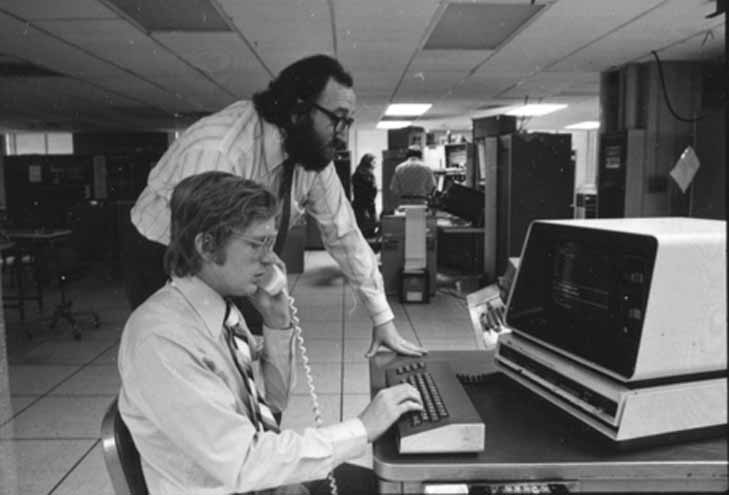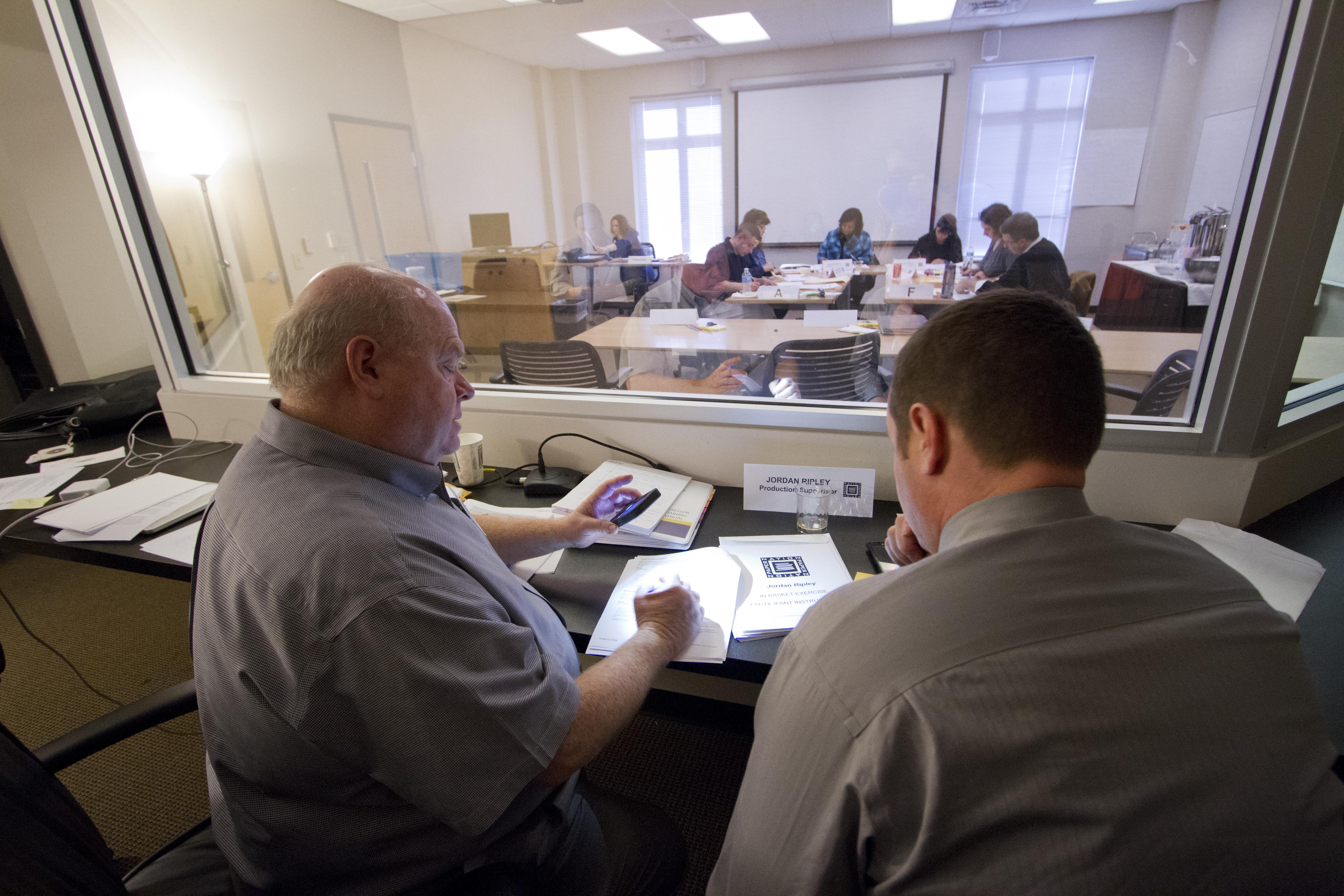technology and innovation

The demand for computer science majors is booming. Even at traditionally liberal arts institutions, students who want to learn how to code are flocking to colleges and universities. It's almost hard to believe that the field wasn't even considered a real major back in the 1960s.
In Cambridge this week, the Massachusetts Institute of Technology is celebrating 50 years of computing and the birth of a new field.

Hackers have stolen the personal information of students, faculty, staff and alumni from the University of Maryland. The university says hackers seized Social Security numbers of 309,079 people, and the cause of the security breach is under investigation. This comes as security experts worry future cyber attacks are increasingly likely to come through college and university networks.

It's not very often the Queen of Jordan comes to Boston, but she was here last month to announce a new education partnership with Harvard and MIT's non-profit online learning initiative, edX.
The goal is develop a new platform called Edraak, which is designed to bring online courses to Arabic-speaking students.

America’s universities are still held in high regard, but doubts persist about the system’s ability to prepare students for success in today’s fast-changing, knowledge-based economy.
The number of college graduates is climbing but too slowly to meet the country's economic needs, according to economists. That's why some innovators want to fundamentally change the way institutes of higher learning award college credit.














